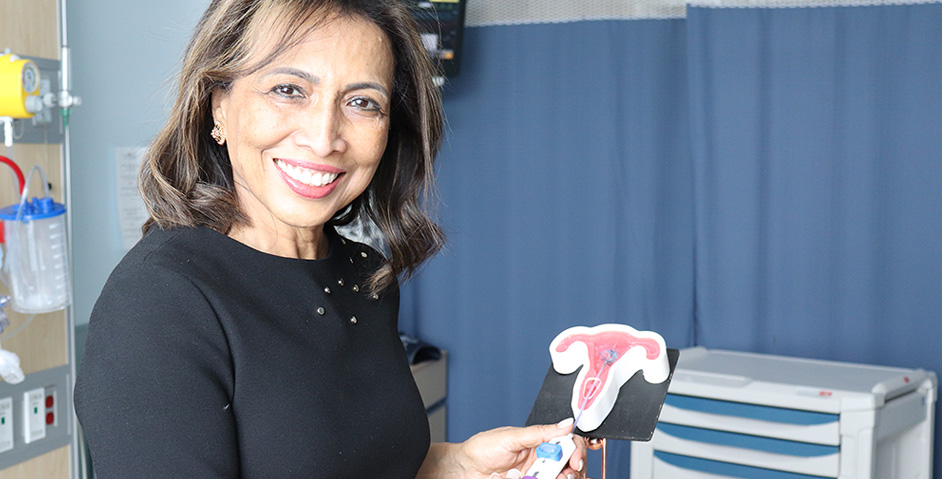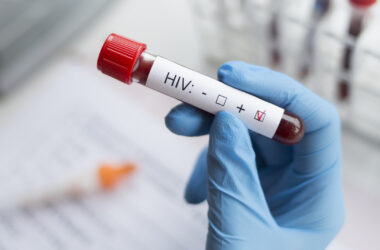Women’s achievements and contributions to medical science have long been overlooked. To combat this prejudice and recognize their accomplishments across all disciplines, the annual Top 25 Women of Influence awards highlight Canadian women who have inspired positive change in their field of work. This year, Dr. Lucy Gilbert, a professor in McGill’s Department of Obstetrics and Gynecology and Department of Oncology, was recognized as one of 2021’s Top Women of Influence for her work on ovarian and endometrial cancer diagnosis.
Gilbert was drawn to research surrounding the diagnosis of these forms of cancer due to the deadliness of the diseases and the decades-long lack of progress in improving patient survival rates. Gilbert started practicing medicine as an obstetrician-gynecologist (OB-GYN) in the United Kingdom and later worked as the Lead Cancer Clinician for two health districts in England. McGill, which did not have a gynecological research unit at the time, recruited Gilbert in 2001 to expand the university’s work in this field.
Gilbert has been dedicated to researching cancer in women and educating students in the field ever since. She currently serves as the director of both Gynecological Oncology and the Women’s Health Research Centre at the McGill University Health Centre (MUHC).
Gilbert credits Montreal women for their participation in research trials, without whom her work would not be possible.
“The women of Montreal are so generous,” Gilbert said in an interview with The McGill Tribune. “When we [recruit] them into a clinical trial and […] we say it may help you or may not help you, but it will help other women, they say, ‘I want to help other women’.”
Women who suffer from ovarian or endometrial cancer often report nonspecific symptoms, prolonging the waiting period before diagnosis. Such delays in diagnosis are a significant factor in the estimated 3,100 and 1,300 deaths caused in 2020 by ovarian and uterine cancer, respectively.
Working with her team at the MUHC’s Women’s Health Research Unit, Gilbert helped develop the DOvEEgene test, a screening test that enables doctors to detect early forms of these cancers. Although the pap test is commonly used to detect the genetic traces of cervical cancer, the DOvEEgene test expands its diagnostic power to cancers of the endometrium, Fallopian tubes, and ovaries. DOvEEgene is capable of detecting such cancers with a 70 per cent sensitivity and 100 per cent specificity rate, meaning that false positives—and their great emotional toll—are avoided altogether.
Although researchers have made progress toward improved healthcare for women, there is still a large gender gap in the care that they receive. Gilbert recognized that many battles are still being fought—both by the doctors working to improve the quality of medical care and the patients seeking it. She emphasized that female patients, in particular, benefit from receiving care from female healthcare providers.
“When [women] go to the doctor, […] they are apologetic and [try] to explain away some symptoms,” Gilbert said. “They are not listened to and they are not taken as seriously as men.”
Despite the daily challenges of confronting illness and death, Gilbert is committed to supporting her patients and their well-being. She affirms the importance of taking the time to understand each patient’s unique lived experience—regardless of how difficult it may be to step into their shoes.
“Of course I get sad, but you can do a lot of good, and that makes me very happy,” Gilbert said. “It is not just about [fighting cancer], it is also how you live and how you die that matters. There is a great deal to be said [about] making the quality of somebody’s life good and the manner of their dying [comfortable].”








